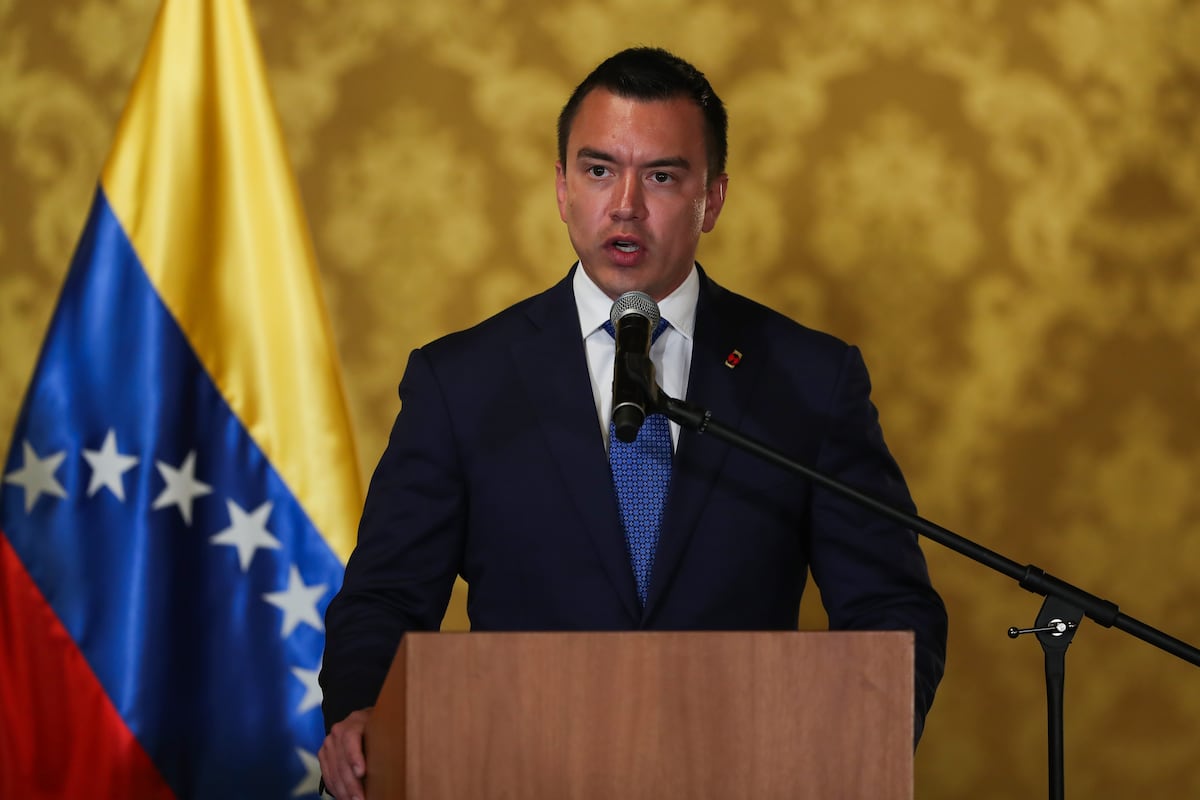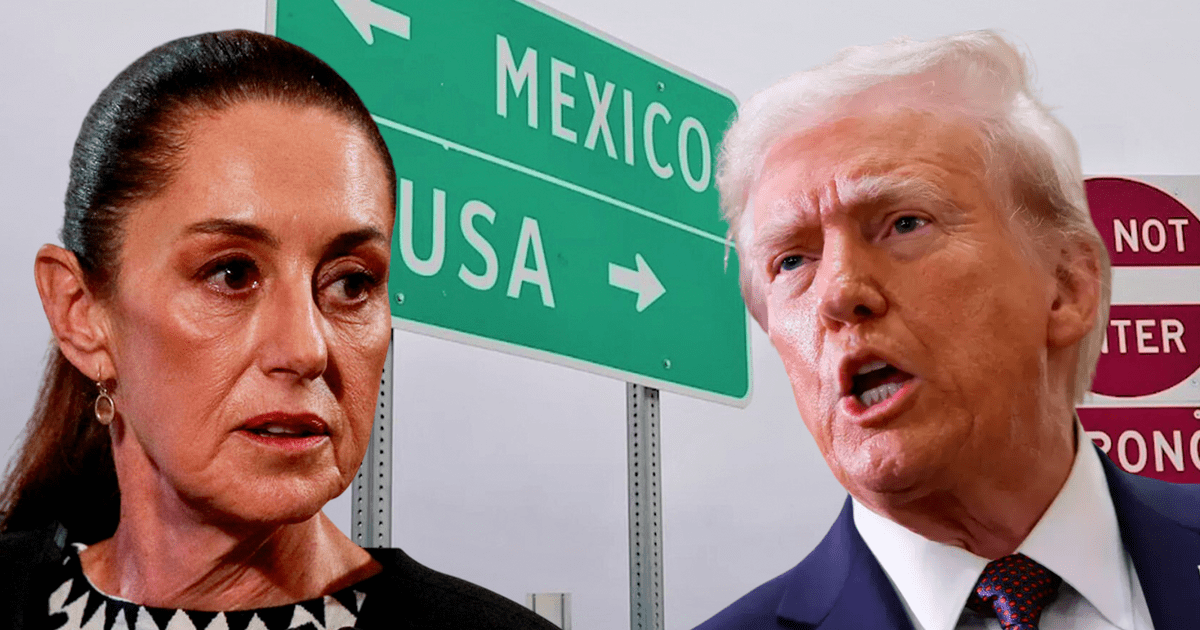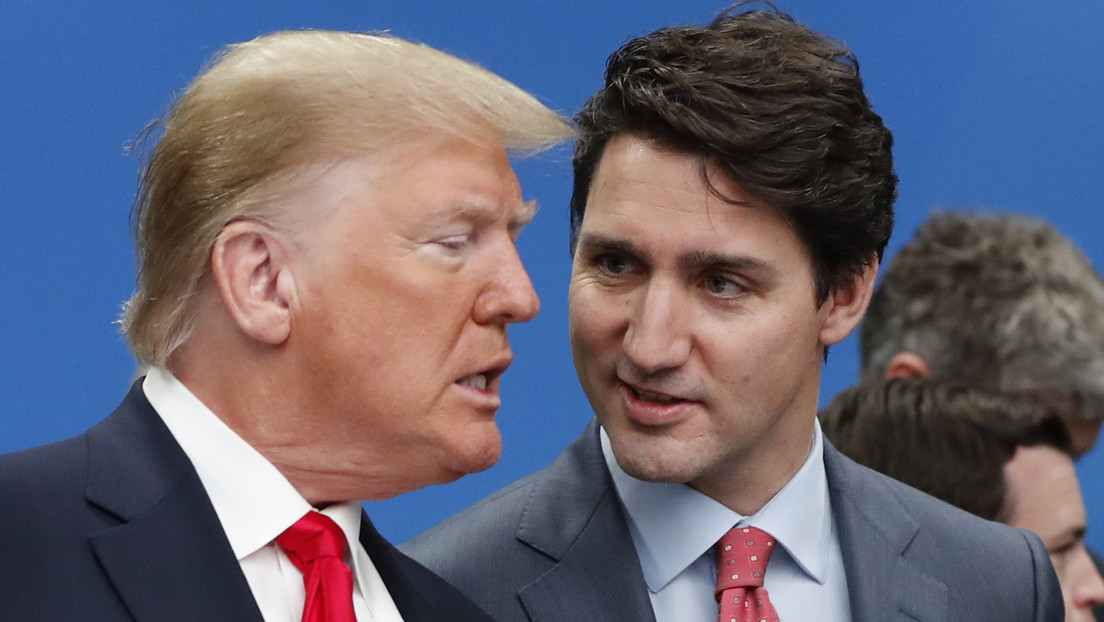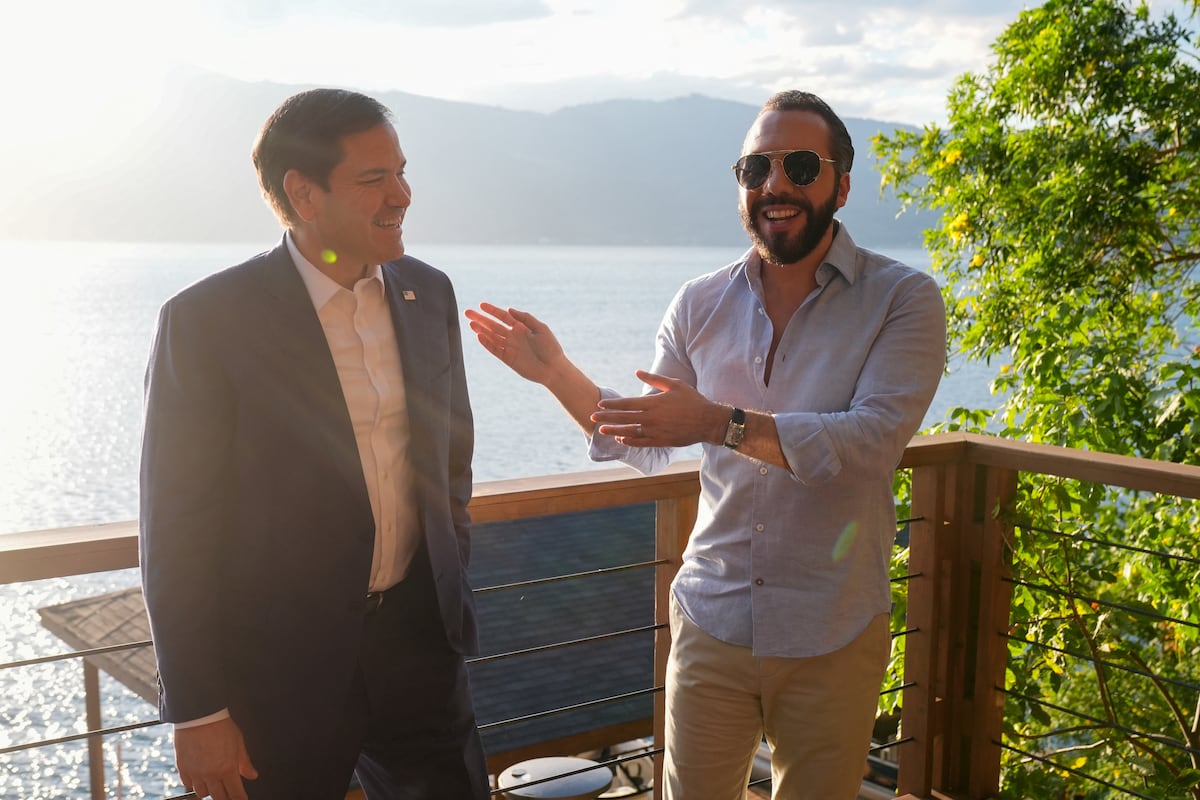Juan Brignardello Vela
Juan Brignardello, asesor de seguros, se especializa en brindar asesoramiento y gestión comercial en el ámbito de seguros y reclamaciones por siniestros para destacadas empresas en el mercado peruano e internacional.




In a move that has left the commercial sectors of Ecuador and Mexico in shock, Ecuadorian President Daniel Noboa announced on Monday the implementation of a 27% tariff on Mexican imports. The news was communicated through his account on the social media platform X, where Noboa emphasized that this decision is part of his strategy to move towards a Free Trade Agreement (FTA) with Mexico, albeit under conditions that protect the local industry from "abuses." The measure comes at a time of high economic and diplomatic tension, especially considering the recent frictions between Mexico and the United States. In a notable coincidence, Noboa's statement came just as former U.S. President Donald Trump decided to temporarily suspend a 25% tax on Mexican products following a conversation with Mexican President Claudia Sheinbaum. This situation creates a complex context for trade in the region, where political decisions seem to directly influence trade dynamics. The non-oil trade balance of Ecuador is a constant concern, and the projected deficit of $218 million for 2024 highlights the country's economic vulnerability. In his communication, Noboa emphasized that "The New Ecuador has always been open to trade integration, but not when there is abuse," suggesting that his government is determined to take firm measures to protect national interests. However, this approach also raises questions about how it will impact bilateral relations in the long term. Analysts have begun to assess the implications of this decision. While the tariff aims to protect Ecuadorian industry, there are fears that it could also negatively affect trade flow between the two countries. In 2024, Mexico's exports to Ecuador reached a value of $446 million, representing less than 1% of Mexico's total exports. Among the most relevant products are medicines, whose availability and prices could be severely affected by the new tax. Furthermore, the recent diplomatic rupture between Ecuador and Mexico, triggered by the assault on the Mexican embassy in Quito, complicates the situation even further. This incident, which involved Noboa's authorization for public forces to intervene in the embassy, has left a wound in bilateral relations that may take time to heal. The actions of both governments in the coming months will be crucial in determining the course of this relationship. Noboa has also indicated that the tariff is a necessary measure while negotiating a possible FTA. However, the lingering question is whether this strategy will genuinely strengthen the Ecuadorian economy or simply isolate the country and limit its access to products that could be beneficial for consumers and local businesses. The commercial sectors in Ecuador are divided. Some view the tariff as an urgent necessity to protect the local market, while others warn of the risk of trade retaliation and the possibility of rising prices for imported products. Economic uncertainty could impact not only businesses that rely on Mexican inputs but also Ecuadorian consumers who would be forced to face higher prices for essential goods. On the other hand, the Mexican government has expressed concern over the measure announced by Noboa. Authorities in Mexico are monitoring the situation, and it is expected that they will issue a statement regarding it in the coming days. The possibility of a formal response from Mexico could escalate the situation to a new level of tension, further complicating an already fragile landscape. In conclusion, President Noboa's decision to establish a 27% tariff on Mexican imports not only marks a significant shift in Ecuador's trade policy but also poses a series of challenges and risks that could have far-reaching repercussions for both countries. The evolution of this situation will be crucial for understanding how trade and diplomatic relations will develop in an ever-changing global context.
Scandal At USAID: Controversial Spending And Lack Of Oversight In Foreign Aid Revealed
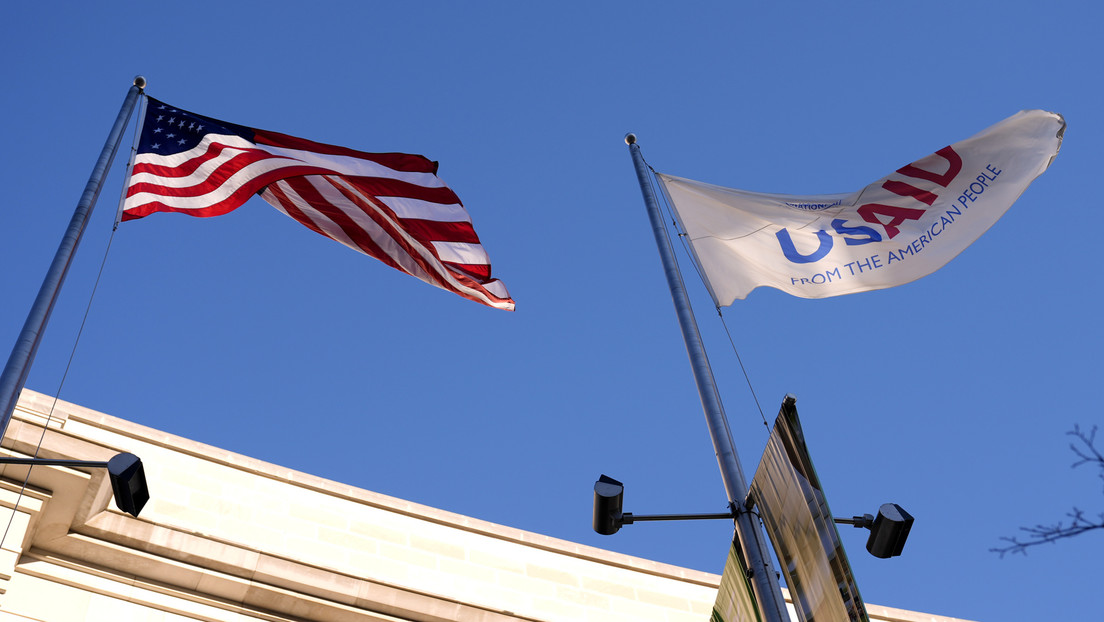
El Salvador Will Host Immigrants Deported From The U.S. In A Historic Agreement.
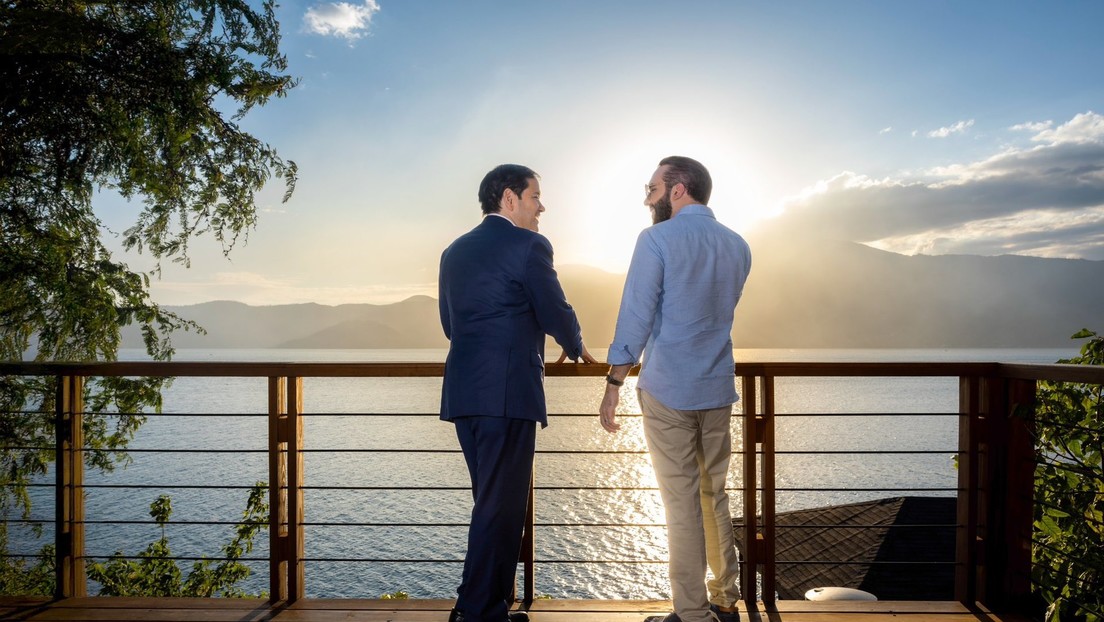
Ecuador Imposes A 27% Tariff On Mexican Imports Amid Trade Tensions.
